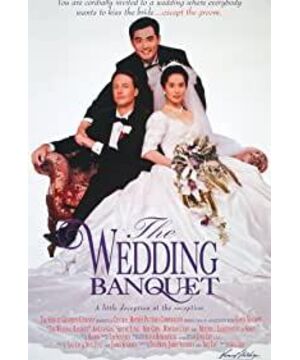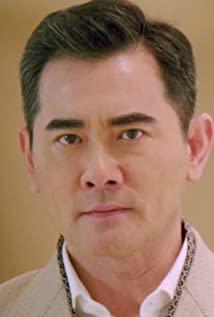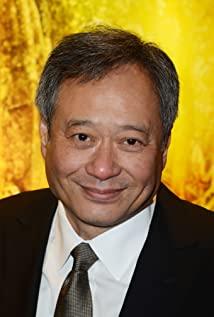If you don't explain anything to others, then why get married?
This is a sentence said by Gao's mother in "The Wedding Banquet". As soon as these words came out, I suddenly felt a kind of pressure. It turned out that we all married and even lived for the sake of others.
In order to help Weiwei get a green card and to fulfill his parents' wish for many years, Weitong chose to marry Weiwei in a fake marriage. Until the last thing was revealed, but everyone chose to keep this secret for the family for the rest of their lives. Gao's father is to give an explanation to his ancestors, and Wei Tong is also to give an explanation to his father.
Leaving aside the homosexuality in the play, even if it is not homosexual, I think many Chinese people in reality choose to get married to give others an explanation. The urging of parents, the urging of relatives, the urging of friends, etc. are always in my ears and refuse to leave for a long time. In the past, getting married was very simple. The parents of both parties agreed, set a good day and auspicious day, and then got married. The first time the groom saw the bride was often on the wedding day. At that time, people put filial piety first. If they did not obey their parents, they were unfilial. Besides, getting married was meant to continue the family incense. If they did not get married, they would be unfilial to their ancestors, and would be unfilial to the entire family. In this case, what is the freedom of love and marriage?
Although it is not like it used to be, there is still a dispute over the issue of marriage. Although your parents can't make the decision, they always want to intervene, looking for someone for you everywhere, and then forcing you to go on a blind date. Sometimes when I get bored, I just find someone to get married, and my parents will explain it. But after marriage, I found out that the other party was not the partner I wanted. Although the divorce was simple, how did the parents explain the past? Therefore, in China, marriage is definitely not a matter of two people, but a matter of two families, or even two families. Even in today's highly civilized age, one cannot be free.
Getting married is a big event, perhaps the most important event in life, and for this reason, it is inevitable to have an explanation.
View more about The Wedding Banquet reviews











